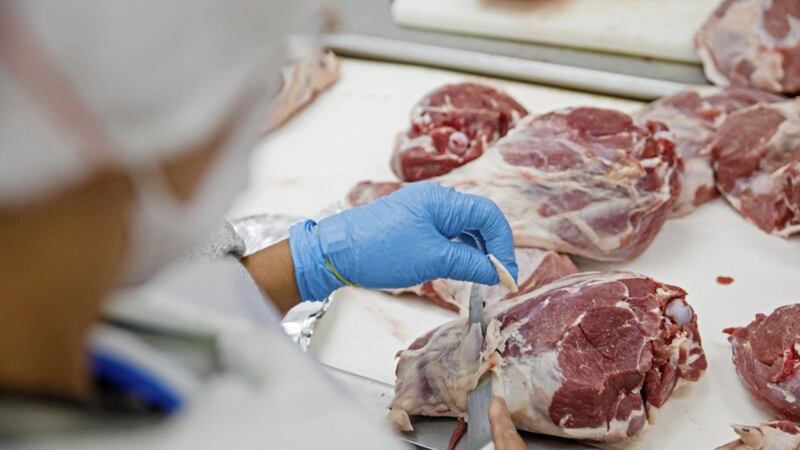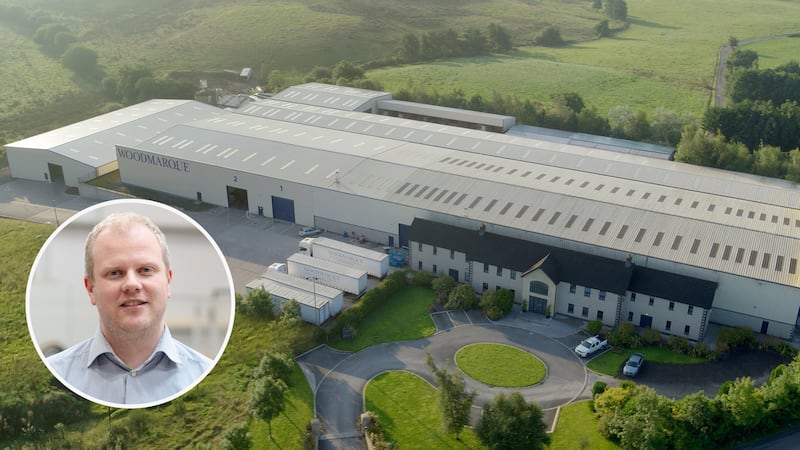A NEW report has highlighted the continuing resilience of the north's food & drink sector, which generates £4.9 billion value-added for the economy and supports 113,000 jobs.
But an industry body claims the sector has "effectively had to operate with both hands tied behind its back".
And for it to compete going forward, especially given the constraints changing trading arrangements may bring, the NI Food & Drink Association (NIFDA) says a capital support scheme is urgently needed.
Business advisers EY has produced a report on agri-food industry entitled 'Food for Thought' which quantifies its contribution to the economy as a resilient, innovative and export-driven sector.
Food and drink is Northern Ireland’s second largest goods exporter (behind only machinery and transport equipment), with 77 per cent of total output consumed outside the region, and the sector - where there is a demand for 10,000 new workers over the next decade - acts as a key driver of economic growth.
But NIFDA executive director Michael Bell insists the Stormont Executive must urgently deliver a processor capital grant to ensure the industry can continue to compete.
“We have this huge opportunity to grow, and given the right support, we will deliver,” he said.
“Over the past ten years we've seen regional competitors like Scotland perform much better in terms of gross value added. Securing our growth and future proofing the industry will require a new strategic approach from the Executive – one that champions our industry and gives us the tools we need to succeed.
“To further drive innovation, boost productivity and win value adding new business we need to level the playing field with our competitors.
“We are the only region on these islands without a processor capital grant. Wales, Scotland and England already have schemes in place with support rates of between 20 and 40 per cent. And earlier this year the Republic announced a €100 million capital investment scheme with a 30 per cent support rate for its food manufacturing companies.
“Coupled with the lack of a Northern Ireland food export marketing body, the industry here has effectively had to operate with both hands tied behind its back, and the time is now for this stark competitive disadvantage to be addressed.”
Rob Heron, partner at EY, said: “The food and drink sector is a core part of the economy because of its scale, resilience during economic crises, regional impact and its capacity to innovate. Its contribution to such a wide variety of sectors including construction and hospitality to name just two, have a ripple effect across almost every other sector in the Northern Ireland economy, making its overall impact significant and far-reaching.”








